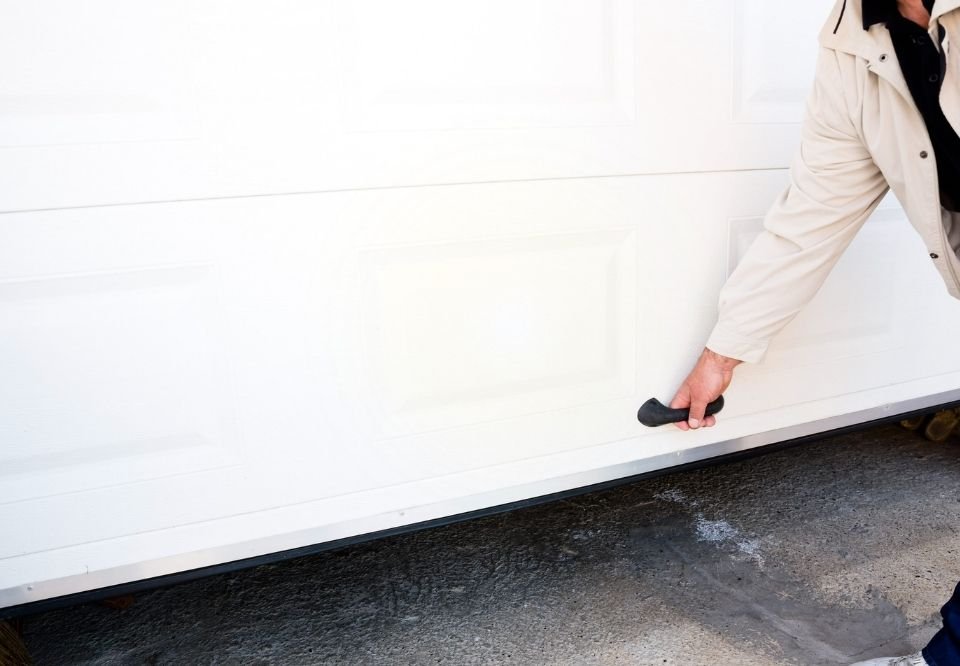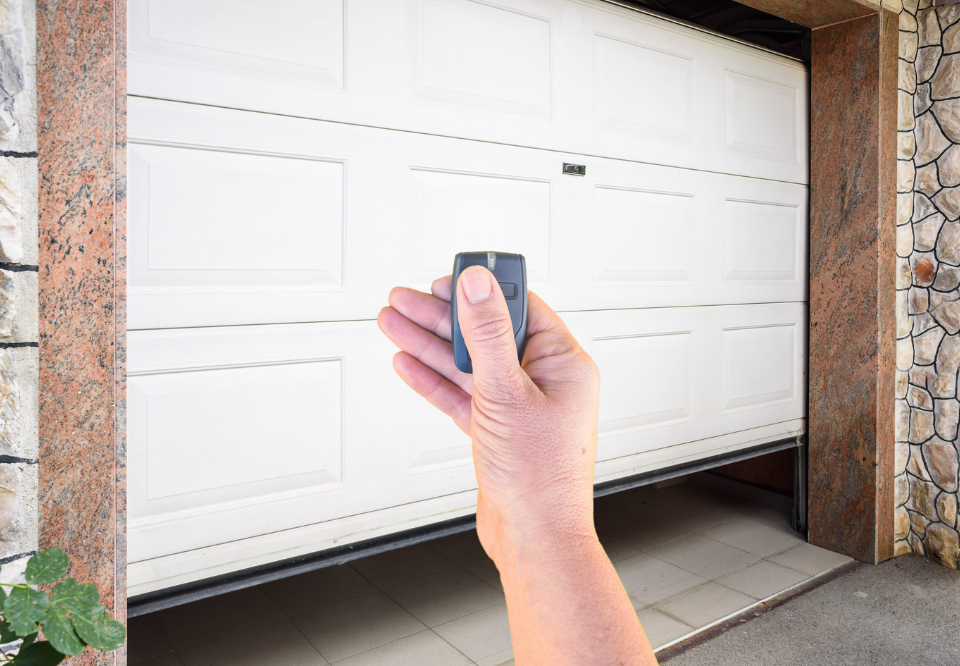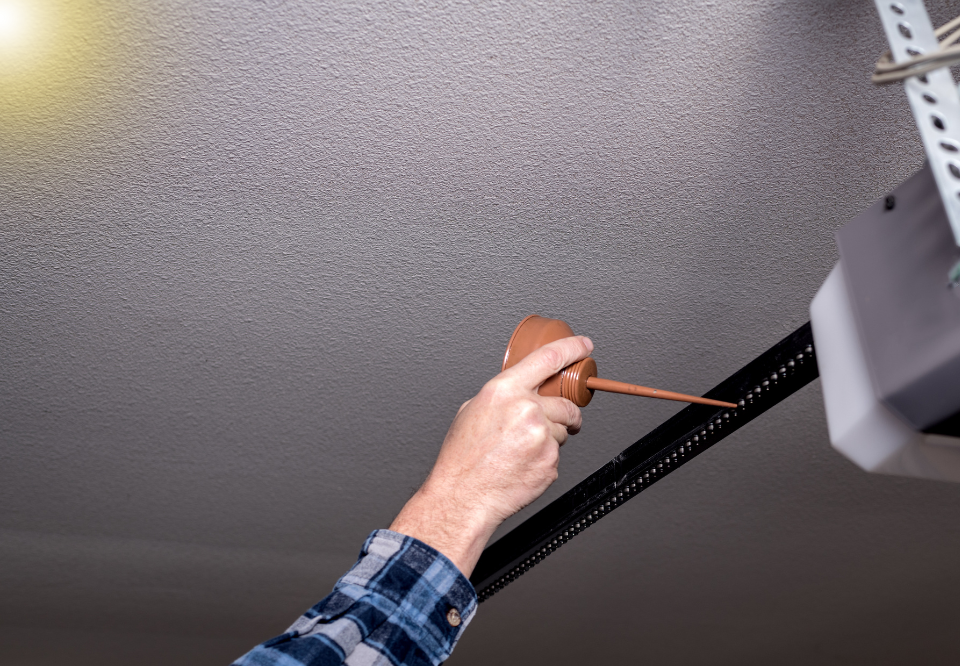When considering a new garage door, one of the most important factors to decide on is the width. So, how wide of a garage door can you make? The answer largely depends on your specific needs and available space.
Standard sizes are common, but customization options open up a world of possibilities for homeowners or businesses looking to accommodate larger vehicles or unique architectural designs.
Standard Garage Door Widths
Most residential garage doors come in a variety of standard sizes. For a single-car garage, typical widths are 8 feet and 9 feet. This is adequate for most cars, SUVs, and smaller trucks.
If you’re looking to park a larger vehicle like a van or an oversized SUV, you may want to opt for the 9-foot version, as the extra foot gives you a bit more room for maneuvering.
For double-car garages, standard widths are 16 feet and 18 feet. These widths are perfect for housing two vehicles side by side while still allowing for comfortable entry and exit. However, if you find yourself needing more space, customization is always an option.
Custom Width Garage Doors
While the standard sizes are convenient, they don’t always meet everyone’s needs. That’s where custom-width garage doors come in. Custom garage doors can be designed to accommodate wider openings, which is particularly useful for those who own oversized vehicles like RVs, boats, or trucks with trailers. In these cases, you might need a garage door that’s 20 feet, 24 feet, or even wider.
When building or retrofitting your garage for a custom door, it’s important to consult with a professional to ensure that the structure can support the size. Wider doors often require additional reinforcement and specialized installation to maintain functionality and safety.
Commercial and Industrial Garage Door Widths
In commercial settings, the question “how wide of a garage door can you make?” becomes even more relevant.
Businesses that need to store large trucks, delivery vehicles, or heavy machinery often require much wider doors than residential garages. Industrial garage doors can exceed 32 feet in width, depending on the type of operation. These doors are typically made from more durable materials and feature heavy-duty mechanisms to ensure longevity and security.
Additionally, businesses may require roll-up or sectional doors that are designed to be extremely wide but still functional in tight spaces.
Factors to Consider
Before you decide how wide of a garage door to install, consider a few key factors:
- Garage Space: Your existing garage structure will determine how wide a door you can install. Some homeowners might have to adjust the size of their garage opening if they want to go beyond standard sizes.
- Purpose: If you’re planning to park oversized vehicles or use the garage as a workspace, a wider door is likely a better choice. Measure the largest vehicle or equipment you’ll need to accommodate and add extra width for ease of access.
- Aesthetics: Wider garage doors can dominate the front of your home, so it’s important to choose a design that complements the rest of your exterior. Many custom options include windows, panel designs, and even colors to match your home’s style.
- Building Codes: Local building codes may dictate the maximum size of a garage door based on your property type or location. Always check these regulations before moving forward with custom dimensions.
Conclusion
So, how wide of a garage door can you make? In residential settings, you typically see widths up to 18 feet, but for custom solutions, the possibilities can expand significantly.
For commercial or industrial purposes, widths can reach 30 feet or more, offering the flexibility to suit a variety of needs. Whether you’re considering a standard or custom width, always ensure that your door complements both your functional requirements and your home or business’s design.



